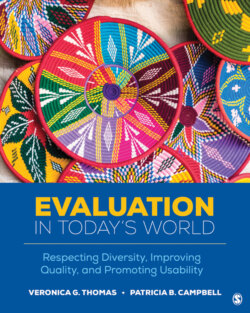Читать книгу Evaluation in Today’s World - Veronica G. Thomas - Страница 61
На сайте Литреса книга снята с продажи.
The National Research Act of 1974
ОглавлениеDue primarily to publicity from the Tuskegee Syphilis Study and after a series of congressional hearings on human subjects research, the National Research Act of 1974 was passed. It authorized federal agencies to develop human research regulations and established the first institutional review boards as a mechanism through which human subjects would be protected. Additionally, the National Research Act created the National Commission for the Protection of Human Subjects of Biomedical and Behavioral Research. Decades after the Nuremberg Code of 1947 and the 1964 Declaration of Helsinki that provided guidance to medical doctors conducting research involving human subjects, the National Commission for the Protection of Human Subjects of Biomedical and Behavioral Research (1978) released the Belmont Report: Ethical Principles and Guidelines for the Protection of Human Subjects of Research. This document, known colloquially as the Belmont Report, established three basic ethical principles that are the cornerstone for regulations involving human participants:
1 Respect for persons, or recognition of the personal dignity and autonomy of individuals, and special protection of those persons with diminished autonomy
2 Beneficence, or obligation to protect persons from harm by maximizing anticipated benefits and good outcomes for science, humanity, and the individual and by minimizing or avoiding unnecessary risk, harm, or wrong
3 Justice, or ensuring that the benefits and burdens of research are distributed fairly and that research procedures are reasonable, nonexploitative, carefully considered, and fairly administered (pp. 4–6)
The principles identified in the Belmont Report relate both to the participant as an individual and to the participant as a member of social, racial, sexual, or ethnic groups. This means that research participants should not be either favored or disfavored (e.g., more or less likely to be involved in risky research) simply because they are a member of a particular class of people.
